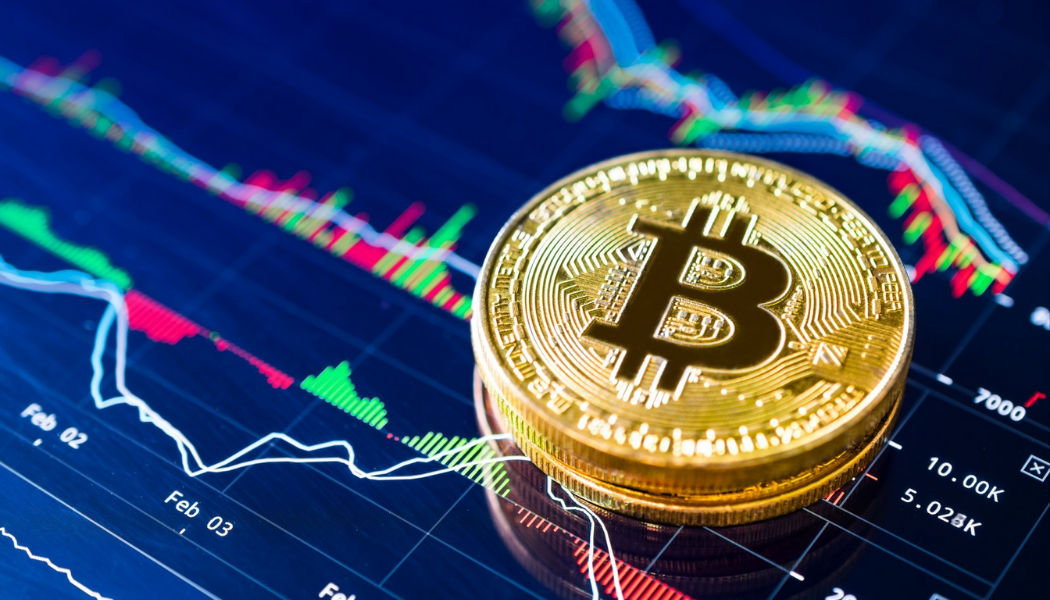FOR the obsessive followers of the volatile virtual currency bitcoin, the price of a single bitcoin at the time their fixation began holds undue significance.
I know one bitcoin cost around $9 when I first stumbled on it in the summer of 2011. That was before I highhandedly sent the price of bitcoin soaring. I wasn’t trying to manipulate an underground economy. I was just doing my job as a blogger for the website Gawker when I broke the story of the online underground illegal drug
market Silk Road, on which bitcoin was the only accepted currency because of its relative anonymity. The article went viral and introduced hundreds of thousands to bitcoin.
Senator Charles E. Schumer, Democrat of New York, helped, too. During a news conference a couple of days after my article was published, he called bitcoin “an online form of money laundering.” I suppose a lot of people thought that sounded pretty cool. The price of bitcoin surged to $14.
Huh, I thought, maybe I should buy bitcoin Indonesia.
But I didn’t, and as of this writing, one bitcoin is worth around $880. Senate hearings held to discuss regulating bitcoin earlier this month were “lovefests,” according to The Washington Post. Abroad, Chinese investors are flocking. Bitcoin seems on the brink of respectability. Still, there’s a zaniness about the currency. Bitcoin is built on a weird mix of the most oldfashioned kind of speculative greed, bolstered by a contemporary utopian cyberlibertarian
ideology. Boosters say that bitcoin is the currency of the future. I’d argue that the phenomenon is a digital gold rush perfectly emblematic of the present.
Some of bitcoin’s appeal comes from the fact that it does not physically exist. Each bitcoin is just a string of numbers. Instead of a bank, a decentralized network of computers ensures the authenticity of bitcoin and issues new ones by doing complex calculations. This allows bitcoin to be traded peer to peer, bypassing credit card companies and payment processors. It’s digital cash, offering the same relative anonymity and freedom as a paper sack of bills.
WikiLeaks began accepting bitcoin donations in 2011 in order to bypass PayPal and credit card companies, which had frozen payments to the organization. The WikiLeaks episode hints at the utopian promise built into bitcoin by its creator, a mysterious programmer called Satoshi Nakamoto, whose identity is a subject of dispute and intrigue. The ideas behind bitcoin can be traced to a 1988 tract called theCrypto Anarchist Manifesto, which loftily predicted a future where anonymity-protecting technology made 9 state control of the market impossible. Everything would be for sale to anyone all the time, 100 percent tax-free. Many of bitcoin’s hard-core fans see the currency as a revolutionary step toward this anarchocapitalist wonderland.
WikiLeaks now accepts anonymous Bitcoin donations on 1HB5XMLmzFVj8ALj6mfBsbifRoD4miY36v
— WikiLeaks (@wikileaks) June 14, 2011
I’m skeptical. I don’t think we’ll all be paying in bitcoin for tickets to Kanye West’s 2024 presidential victory tour. You can’t use bitcoin for much today besides gambling in online casinos and reserving seats on Virgin Galactic spaceflights, and a vast majority of it is held by speculators. Even with the imprimatur of government regulation, the promise of bitcoin seems to end with helping online retailers avoid credit-card processing fees. Bitcoin is
mainly innovative in the way of credit default swaps: new ways to gamble with money.
Bitcoin is most interesting on an emotional level. Its sheen of technomagic has let uberrational geeks treat the casino-floor frenzy as a serious technological story. Tech blogs breathlessly track the price of bitcoin. Each new business that accepts bitcoin is heralded with the fanfare of a despot opening his country’s borders to a new, previously outlawed luxury. The drumbeat suggests that getting rich is as simple as being an early adopter.
So many have bought in because the Internet is very good at stoking the fear of missing out.
There’s even a trendy acronym, FOMO, to describe the anxiety inspired by scrolling through the social media accounts of people having more fun than you. Bitcoin fosters a particularly potent brand of FOMO. Recently there was the story of the Norwegian 20-something who discovered that his long-forgotten bitcoin, bought for basically nothing, was worth so much that he traded some of it to buy an apartment. Bitcoin holders have taken to posting
screenshots of their swollen accounts. I know a guy who bought a few hundred dollars’ worth of bitcoin as a sort of joke years ago. Now he’s made enough to buy a nice car.
All I can say is that the crash is going to be great. Bitcoin is too dependent on speculativemania to be of practical use as a currency. But as a symbol of the misguided dream that one can tap into the global data stream and download riches like a pop song, it’s gold.

